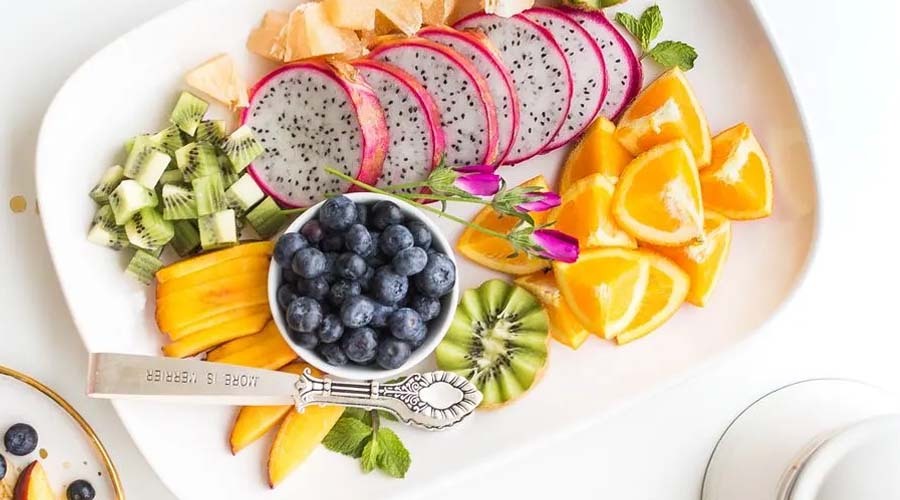
- Blog
- New Year! Foods for Eye Health.
New Year! Foods for Eye Health.
Published:
Healthy Diet = Healthy Vision.
Many people are setting goals or making resolutions to better themselves in January, and healthy eating may be the key to reaching many of those goals.
Healthy eating can help you lose weight, get fit and improve your health — all common new year resolutions. Healthy eating habits can also help improve your mind and your mood. When you are healthier, you feel better. When you feel better, you often gain confidence and feel happier.
Here are a 3 tips that can help you make — and keep — a new year’s resolution to eat healthy.
Tips for healthy eating
- Start with low-hanging fruit
Ha!, the pun is intended! Start by including more of the fruits and vegetables you enjoy into your daily meals and snacks. Replace unhealthy candy with sweet tasting fruits. This is an easy way to start slow if you don’t want to jump right into a change in your diet.
- Pay attention to what you eat
You don’t have to become an expert but take the time to learn a little about the foods you eat. Sometimes all it takes is thinking about what you are eating to help you make better choices. Pay attention to what is in the food you buy. Reading the labels on food will help you learn what to choose. Avoid or limit sugar, grains, trans fats, highly processed foods, high carb foods and other unhealthy foods.
- Make it easy & convenient
Make eating healthy as easy as choosing fast food. If you opt for a candy bar because it’s easier to pick up and eat on the go, make sure you have granola bars, an apple, or other healthy snack handy. Take lunches to work so you avoid fast food, or at least start making healthier choices when you order off the menu.
FOODS THAT BOOST EYE HEALTH
A healthy diet high in nutrients and vitamins and low in fat can support eye health and function. You don’t need to wait until being diagnosed with a serious eye or health problem to change your diet. You can start now with the following healthy foods beneficial to your eye and overall health:
- Fruits and vegetables rich in vitamins A and C, such as carrots, sweet potatoes, cantaloupe, apricots, oranges, lemons, grapefruit, peaches, bell peppers, tomatoes, and strawberries.
- Avocados, almonds, and sunflower seeds are high in vitamin E.
- Salmon, tuna, halibut, trout, and sardines are high in omega-3 fatty acids.
- Kale, spinach, romaine lettuce, collards, turnip greens, broccoli, and peas are high in lutein and zeaxanthin.
- Legumes, such as black-eyed peas, kidney beans, and lima beans, are high in zinc. So are lean meat, poultry, fortified cereals, and yogurt.
- Nuts and seeds are also high in omega-3 and vitamin E. Sources rich in these include walnuts, cashews, Brazil nuts, chia seeds, and hemp seeds.
- Eggs are rich in omega-3, lutein, and vitamin E.
- Coconut, avocado, and olive oil are healthier substitutes for butter and margarine.
